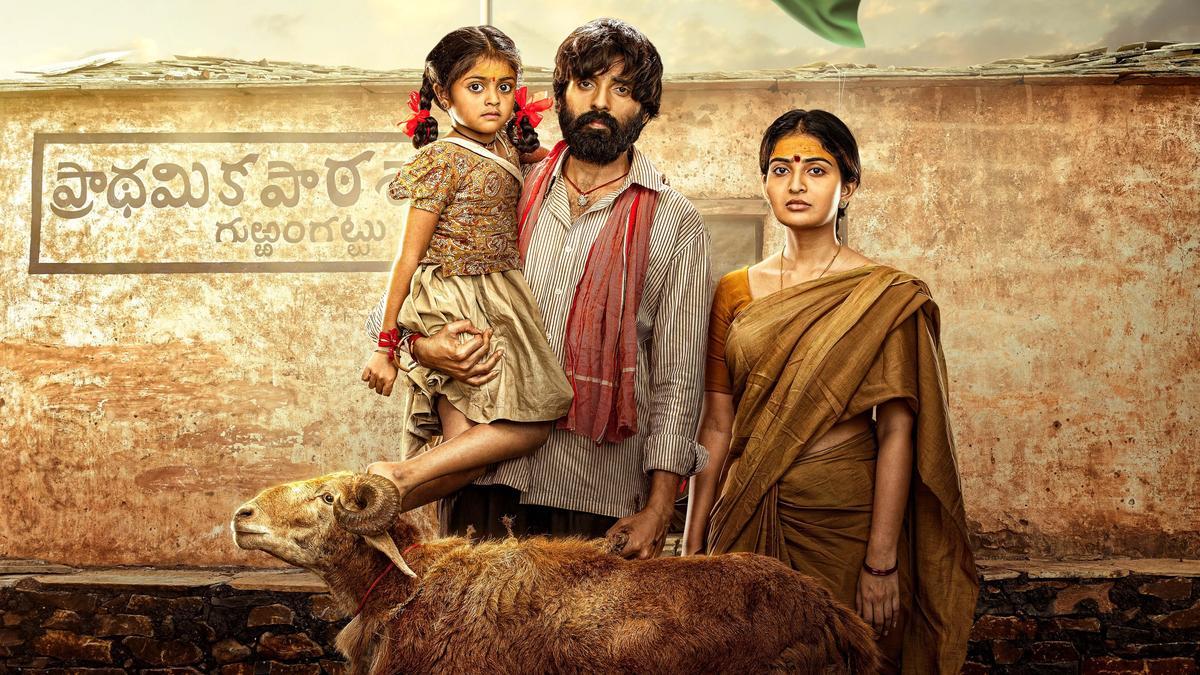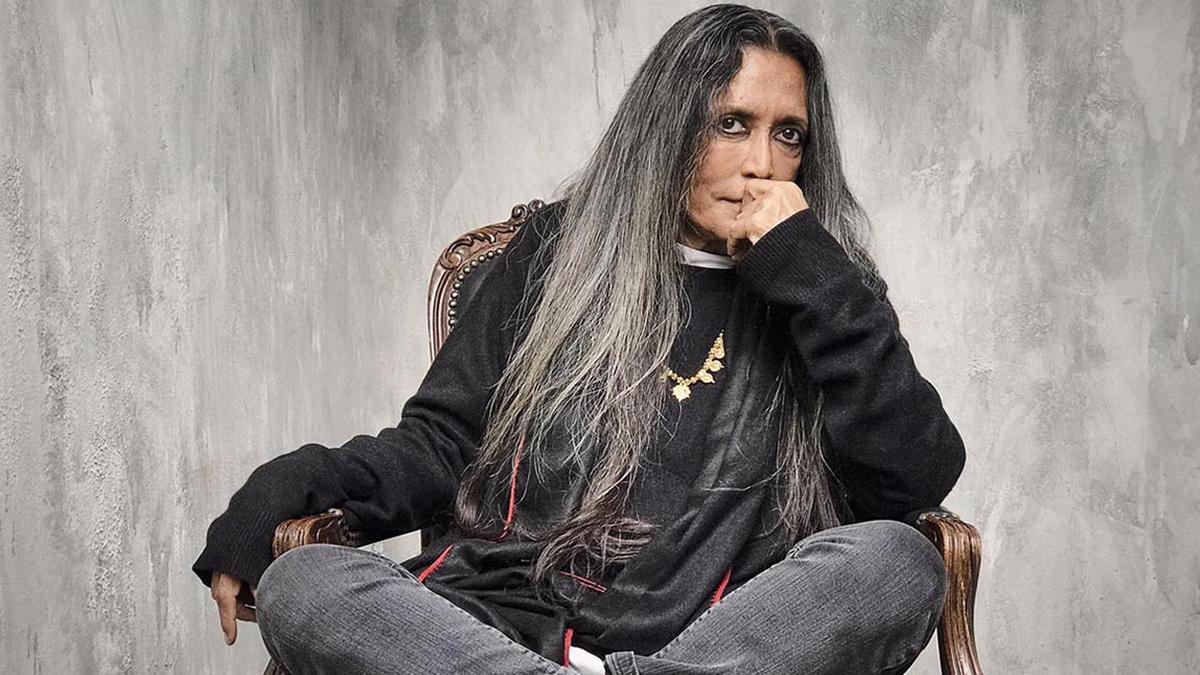
The Telugu film “Pottel” invites audiences into a narrative that is both compelling and challenging. Set in the Vikarabad region of Telangana, director Sahit Mothkuri crafts a poignant tale about the transformative power of education in combating deep-rooted oppression. Although set in a bygone era, the themes of “Pottel” resonate with contemporary relevance, underlining the universal struggle for equality and justice. With an ensemble cast featuring Yuva Chandra Krishna, Ananya Nagalla, and Ajay, alongside a talented group of child actors, the film navigates the complex societal tapestry with a potent mix of drama and emotion.
At the heart of “Pottel” lies a gripping face-off between Gangadhar, portrayed by Yuva Chandra, and Patel, played by Ajay. Gangadhar, a visionary goatherd, believes in education as the means to challenge the societal contours that Patel, an oppressive figure, meticulously enforces through merciless rituals and sacrificial practices. This dichotomy sets the stage for a narrative filled with tension and resolve, with Gangadhar’s odyssey symbolizing the gradual but inexorable march toward change.
In the film’s opening, the audience witnesses Patel’s relentless brutality—a stark reminder of the power structures that hold communities hostage. As Gangadhar races against time to protect his daughter, the story delves into his poignant background, reflecting on childhood traumas and the perpetual cycle of violence that permeates his world. These early sequences employ the cinematic language of “mass masala” films, drawing on familiar tropes to underscore the central narrative’s high stakes.
Patel’s tyrannical grip on the village is pervasive, with the residents depicted as followers of blind ritualistic faith, unwilling or unable to question the status quo he dictates. His disregard for women is particularly stark; their muteness in his life is a testament to the societal norms that bind them, rendering them passive participants in their fate.
In this grim tapestry, the importance of education stands as a beacon of hope. Mothkuri articulates this through a vivid incident highlighting a father’s regret at his sons’ inability to read a warning sign, leading to a tragic loss. This pivotal moment propels the narrative, symbolizing the dire consequences of ignorance and the vital role of education in safeguarding future generations.
. Gangadhar’s determination to educate his daughter, Saraswathy, becomes an act of defiance, one that challenges the entrenched caste-based restrictions within the village.
As the storyline progresses, Bujjiamma, played by Ananya Nagalla, emerges as a pivotal character. Her journey is one of quiet resilience, offering a nuanced portrayal of strength amidst adversity. As the film unfolds, her backstory reveals layers of complexity, distinguishing her from the other women in the village and making her an essential ally in Gangadhar’s battle against Patel.
Despite its compelling themes, “Pottel” occasionally trips into melodrama, with its portrayal of violence against women and children extending beyond the bounds of necessity. These moments, while powerful, sometimes feel manipulative, designed to provoke an emotional response rather than further the plot. However, occasional narrative bright spots illuminate the film’s core message—the enduring power of education to instigate change. A school teacher’s transformation and a child’s newfound ability to read echo this sentiment, suggesting the potential for significant societal shifts.
The performances by the lead actors are nothing short of stellar. Yuva Chandra, Ananya Nagalla, and Ajay deliver nuanced performances that breathe life into their complex characters, anchoring the film with authenticity and depth. Technical elements such as Sekhar Chandra’s evocative music and Monish Bhupathi Raju’s cinematography, which beautifully captures the unforgiving landscape of the region, further enrich the narrative presentation.
“Pottel” stands as a testament to the enduring struggle for social justice and the pivotal role education plays in that journey. Despite its reliance on melodramatic elements, the film offers a thought-provoking exploration of these timeless themes. Currently showing in theaters, “Pottel” promises to engage audiences in a meaningful reflection on the power dynamics that define human societies and the relentless quest for a more equitable world.










